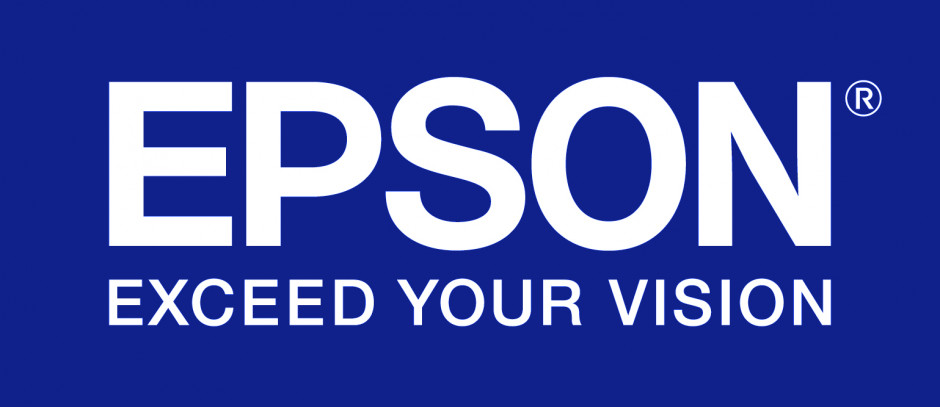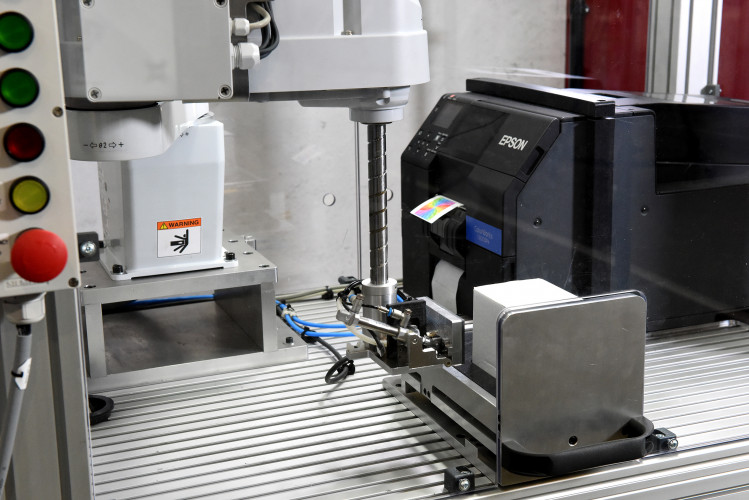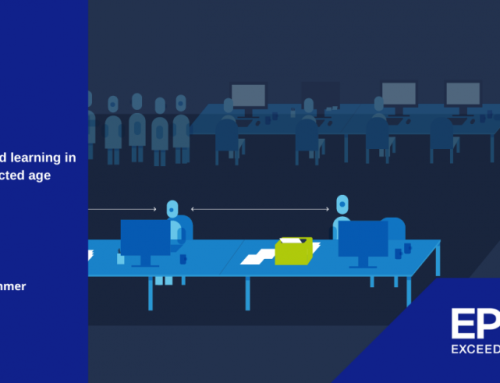Ethics, liability and data privacy: how will regulation evolve to meet growing healthcare opportunities

Technology could deliver huge benefits to healthcare. Yet the European healthcare sector has decidedly mixed feelings when it comes to technological adoption. These are key findings from recent research by Epson, exploring how technology will impact the industry in the future.
Primary among healthcare industry concerns comes the question of data security. High-profile network breaches have become common news fixtures of recent years. If we live in a world where we fear illegal access of data as simple as our name and address, how do we tackle misgivings when it comes to questions about critical private medical data?
Tackling fear to deliver benefits
On the surface, technological innovation seems a dream-come-true for healthcare. It offers to deliver improved patient care, increased patient monitoring and more positive surgical outcomes. But in a future of technological innovation, many still have questions about where responsibility for care may lie. Who is the owner of our data, and indeed the owner of our patient care? And ultimately who is responsible for an industry, already constrained by significant time pressures, managing to develop the skills to take advantage of new technology?
Even faced with these challenges, the benefits of technology remain clear to many. Forty-seven percent of respondents in healthcare feel that a loss of data privacy is an acceptable trade-off for patients to deliver improved diagnosis and treatment. Yet 67 percent of respondents believe that data privacy may hold back the implementation of technology.
Even aside from industry buy-in, patients must also be convinced. In fact, 66 percent of respondents believe that patients will object to being remotely monitored, and 67 percent believe patients may be reluctant to use new technology.
The challenge of accepting change
The true challenge in this transformation will be societal acceptance, according to Dr. Bertalan Mesko, Medical Futurist. “The way we create a society that discusses potential ethical challenges and future scenarios, including disruptive technologies, is a much bigger obstacle than any IT issue.”
It is clear that building awareness of the benefits this trade-off could bring will be the key to moving forward. In addition, guidelines and legislation must be in place to ensure the transition happens smoothly. A strong regulatory environment could provide a significantly wider sense of security in this growing technological revolution.
The challenge of responsibility
Data privacy may offer the greatest challenge, but the wider worries about liability and ethics in the face of technological transformation are also a firmly held concern. Sixty-eight percent of survey respondents feel that ethical issues could hold back the implementation of technology.
Again, it seems, the issue of responsibility raises a barrier we must overcome. Seventy percent of respondents stated that liability issues could be a major challenge to the implementation of new technology. At its heart, this may well be why 58 percent of respondents state that medical practitioners will be reluctant to use new technologies.
If we’re to enable technological transformation in healthcare, it’s not the just logistical challenges we must overcome, but the fundamental ethics of responsibility in what is a vitally sensitive industry.
Want to know more?
The full report has all the insights, you can download it here:
















